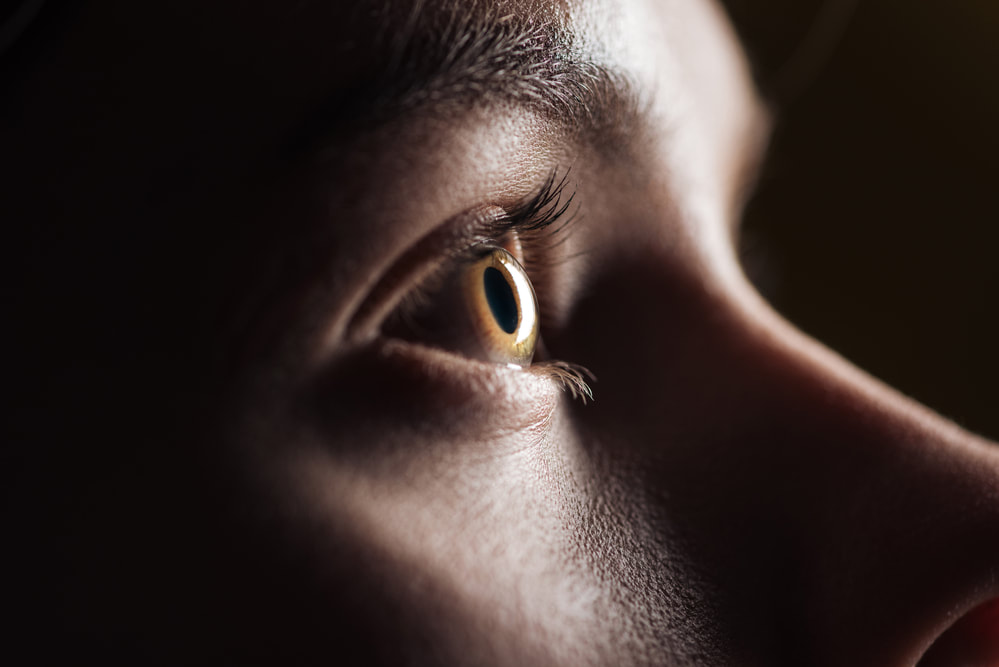make seeing at night a bit more difficult. The article below takes a look at how night vision may change as we age and what you can do about it. How night vision may decline with ageWhen we are in the dark, the iris opens wider, which makes the pupil larger. This helps more light reach the retina. The retina is covered by two types of receptor cells, which include cones and rods. The cones help give us vision in brighter light. The rods are sensitive to low light. If you have an eye condition that affects the rods, it may make night vision difficult. In addition, as you age you may experience changes that affect seeing at night. For example, as we age the pupils don’t dilate as much in the dark, which decreases the amount of light that enters the eye. The lens and the cornea in the eye also become less clear, which makes light scatter and may increase glare. What is night blindness?The term night blindness means poor vision in dim light or at night. It does not mean a person is totally blind at night. Several conditions can increase the risk of night blindness. For instance, glaucoma, cataracts, and age-related macular degeneration can all affect night vision in their early stages. These conditions are also more likely to develop as we age, which is another reason why night vision may become worse as we get older. Slowing the progression of these eye diseases may help decrease the severity of night blindness. Can you do anything about poor night vision?According to the American Academy of Ophthalmology, there are no home treatments that can improve your night vision. Treating the underlying eye issue can help. For example, if you have cataracts, having surgery can restore better vision and may improve vision at night.
In addition, there are a few tips to improve your safety if your vision is poor at night. Consider the following tips: Try to avoid nighttime driving. This seems like a no-brainer, but it can be hard to give up some independence. Still, if your vision is poor, limiting nighttime driving may be your best bet. Stick to familiar roads. If you do have to drive at night, try to stay on roads you have driven many times. Driving in unfamiliar areas, especially while trying to pay attention to your navigation system, can make driving at night even more challenging. Consider red tinted glasses. Red tinted glasses may help train the eye to focus better and may improve night vision slightly. But before switching to this type of glasses, it is best to talk with your eye doctor to make sure it is appropriate for you. There are also glasses that have an anti-reflective coating, which may help to reduce glare. Use good lighting. Place enough lights around walkways and stairs to reduce the risk of falls. Also, remove clutter that is easy to trip on in dimmer areas of your home. If you have questions about night blindness or other vision issues, we are happy to try to help. Also, if you would like to ask whether an appointment with one of our eye doctors would be appropriate at this time, call our office at 508-746-8600. Comments are closed.
|
EYE HEALTH BLOGCategories
All
Archives
July 2024
|
|
Kadrmas Eye Care New England
55 Commerce Way, Plymouth, MA 02360
14 Tobey Road, Wareham, MA 02571 133 Falmouth Road (Rt 28), Mashpee, MA 02649 |
Phone Number:
1-508-746-8600 Hours: Monday through Friday — 8 AM – 4:30 PM |


 RSS Feed
RSS Feed
